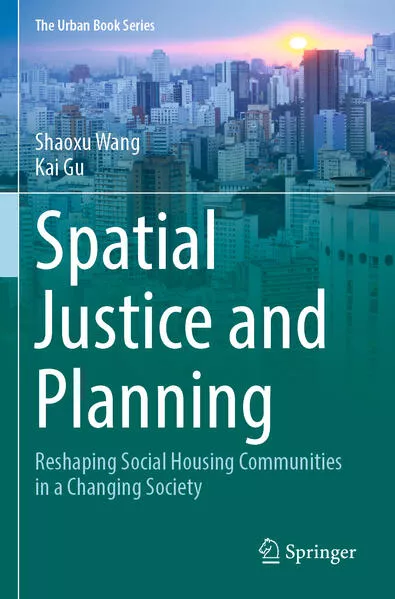
- Publikationen ca: 3
- Fragen & Antworten
Shaoxu Wang
Dr Shaoxu Wang was a researcher at the School of Architecture and Planning, University of Auckland before she began working at Auckland Council. She has an educational background in geography and planning. Focusing on social and spatial inequalities, marginalised groups and social policy analysis, her research bridges sociology, human geography and planning.
Dr Kai Gu is an Associate Professor at the School of Architecture and Planning, University of Auckland. Supported by the British Economic and Social Research Council, the Canadian International Development Agency and the Natural Science Foundation of China, most of his research publications are on urban morphology and planning. His recent research projects explore the spatial composition of urban landscapes and socio-economic processes in the production of (in)justice.
Spatial Justice and Planning
Despite the significance of urban justice in planning research and practice, how just societies and cities can be organised and achieved remains contested. Spatial justice provides an integrative and unifying theory concerning place, policies, people and their interplay, but ambiguities about its practical bases have undermined its application in planning.
Spatial Justice and Planning
Despite the significance of urban justice in planning research and practice, how just societies and cities can be organised and achieved remains contested. Spatial justice provides an integrative and unifying theory concerning place, policies, people and their interplay, but ambiguities about its practical bases have undermined its application in planning.
Spatial Justice and Planning
Despite the significance of urban justice in planning research and practice, how just societies and cities can be organised and achieved remains contested. Spatial justice provides an integrative and unifying theory concerning place, policies, people and their interplay, but ambiguities about its practical bases have undermined its application in planning.


